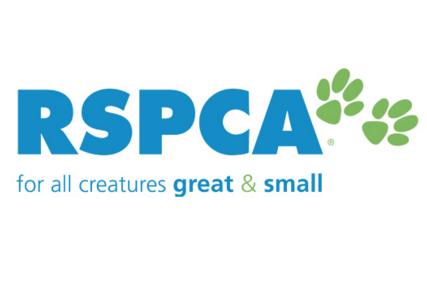General News
21 September, 2023
Pyrenees, Central Goldfields rank high in per capita animal cruelty reports, RSPCA data shows
The Pyrenees and Central Goldfields shires have both ranked in the top five in Victoria for reports of animal cruelty per capita according to the latest data from RSPCA Victoria, however local councils argue the data may not be a fair indication of...

The Pyrenees and Central Goldfields shires have both ranked in the top five in Victoria for reports of animal cruelty per capita according to the latest data from RSPCA Victoria, however local councils argue the data may not be a fair indication of local reports.
Reports of deliberate animal cruelty received by the RSPCA for 2022/23 remained in line with last year, with 10,561 reports received state-wide and just over 13,000 animals investigated.
The number of dogs, cats, kittens, fowl and rabbits seized or surrendered to the RSPCA inspectorate rose compared to previous years as insufficient water, food and shelter were flagged as the most common animal welfare issue this year.
According to RSPCA Victoria, the Central Goldfields and Pyrenees shires ranked 53 and 58 respectively for the number of animal cruelty reports made, with 41 animals seized in the Central Goldfields and fewer than five in the Pyrenees.
Despite the relatively low numbers, both local government areas rank in the top five in the state for the number of reports made per 1000 population — with Pyrenees ranked second highest in Victoria and Central Goldfields fifth.
Continued on Page 8
RSPCA Victoria’s chief inspector Michael Stagg said cost of living pressures as well as the pandemic may be factors in the number of reports received.
“Cost of living pressures may be impacting people’s ability to care for their pets, whether it be their ability to provide suitable food or their ability to pay for necessary medical care,” he said.
“Many people also became first-time pet owners during the pandemic and may need further information or support to help them understand how to care for their animals such as providing sanitary living conditions, grooming or preventative health measures.”
The 55 reports of animal cruelty made in the Central Goldfields marks a 14 percent decrease from the 64 recorded the previous year, something Central Goldfields Shire manager statutory services Peter Field said is a result of residents holding pet owners to account.
“You don’t necessarily need to be a pet owner to report animal cruelty and there are community standards being set in relation to what is acceptable as responsible pet ownership,” he said.
“Our community is holding pet owners to account of what is acceptable ownership of pets and that encouragement of people to report in is to be commended.
“Pet ownership has really broadened beyond the essential provision of food, water and shelter to now include the daily enrichment of the pet’s life and we want people to be proactive in this space.”
For the 2022/23 year, 527 animals were impounded by the Central Goldfields Shire Council with 245 reclaimed from the pound and 265 rehomed.
Mr Field said the pound is one of the local government’s initiatives to ensure animals are well cared for.
“We also have our de-sexing program for animals and we communicate through social media regarding any lost animals we might pick up,” he said.
“Through our proactive compliance team and community engagement, we believe we’ve been continuing to encourage our community to speak out on animal cruelty issues.
“We are coming into a hotter summer and with people going away on vacations it’s important consideration is made for pets and what arrangements are in place should residents be away from home or out of town.”
Pyrenees Shire CEO Jim Nolan said it was unsurprising that smaller, rural councils ranked highly for reports of animal cruelty per capita.
“The Pyrenees Shire Council takes animal cruelty very seriously,” he said.
“It’s not surprising that the large rural councils with small populations are high on the list because the number of animals per head of population and area are significantly higher compared to urban areas.
“We certainly encourage our community, if there are instances of animal cruelty, to report them and we are very keen to ensure the RSPCA respond to and investigate issues of animal cruelty because they are the agency funded to do that.”
Mr Nolan said the data around animal cruelty was not always an accurate representation of communities.
“The way in which the RSPCA reports this data is something we would like to maybe see changed, it does tend to rank one council against another when you’re comparing apples and pears,” he said.
“It doesn’t really have regard to some of the challenges of small rural councils where there are dispersed areas of low population.”